Beijing, the thumping heart of China, is a magnet for driven intellects from around the world. As the country’s capital, it intertwines strands of Timeless Imperial Majesty with the unyielding pace of contemporary dynamism, providing a setting that’s as intellectually challenging as culturally engaging. For international students with their eyes on higher education in 2025, study in Beijing universities is not just a destination—it’s a launchpad.
With over 90 universities covering its ground, the city boasts the highest concentration of top Chinese institutions and welcomes over 100,000 foreign learners every year. Imagine strolling along serene Weiming Lake in Peking University or debating global policy with Tsinghua’s sleek labs; these are not classrooms but crucibles where ideas meet and fates are shaped. This article from the admissioninstitute website explores the inner workings of Beijing’s higher education system, from exploring the Admission Requirements for Beijing Universities to analyzing the Tuition Fees for Beijing Universities.
Why Beijing?
Apart from its fabled icons like the Forbidden City and the Great Wall—just subway stops away—the city beats with possibility. It’s home to China’s “Double First-Class” universities, a government initiative spending billions in elite education, providing facilities to rival the world’s top and research clout. Five Chinese universities feature in the global top 50 in the 2025 QS World University Rankings, four in Beijing, testifying to the city’s intellectual firepower. For the person seeking “Study in Beijing Universities,” the draw is clear: challenging English- and Mandarin-language courses, internationalized global societies, and proximity to the economic behemoth of Asia.
But, as with any such dramatic move, there’s a cost. Beijing universities are not ivory towers in an isolated world; they’re immersed in the cosmopolitan nature of the city. Tech giants like Baidu and policy leaders like the Ministry of Education sit side by side, offering internships that blur the line between education and work. Over 20% of students at Peking University are foreign born, making a mosaic of opinion that enriches each lecture hall. If you’re an undergrad studying engineering aspirations or a graduate studying AI ethics, study in Beijing universities rewards you with credentials that carry across the globe. But come on, let’s be realistic—applications are piling up.
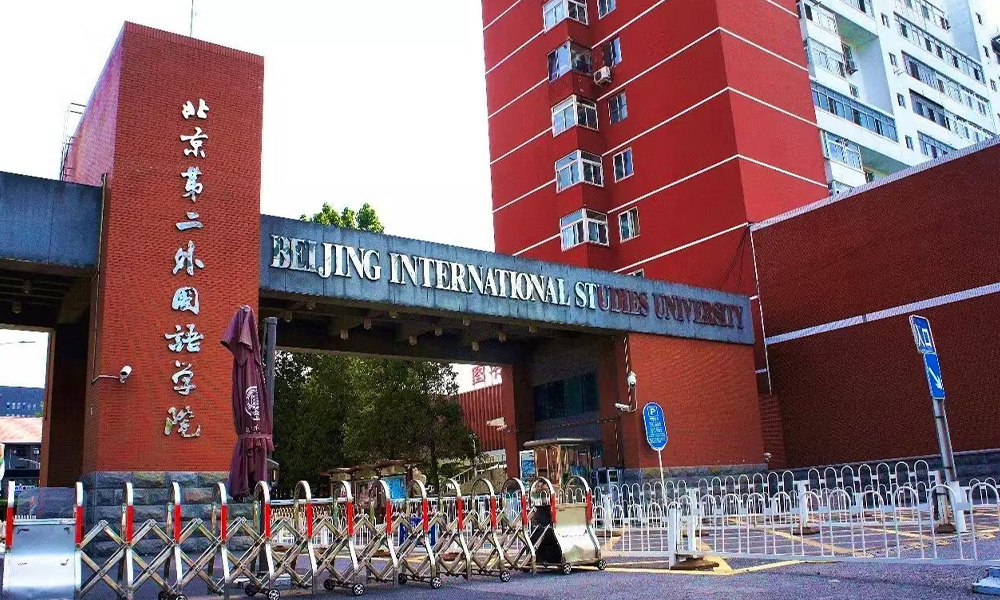
Admission requirements for Beijing Universities
Admission requirements for Beijing university takes brains, as well as strategy. The process, optimized for internationals by online interfaces, is based on overall profiles instead of mechanical marks.
1. qualifications
Take Tsinghua University, always China’s #1 (and Asia’s #1 for 2025, at least, says Shanghai Ranking): to the undergrads, a high school equivalent of China’s gaokao diploma and at least a 3.0/4.0 GPA, plus standardized exams like SAT (1200+) or ACT (27+). Language proficiency is a must—TOEFL iBT 90+ or IELTS 6.5 for English-language programs, or HSK Level 5 (210+) for Chinese-language programs. Essays? Necessary.
Tsinghua needs 800-word personal statements of your “global vision” supplemented by two instructor recommendation letters who’ve seen you succeed. Peking University (PKU), at 127 years old, is the nation’s oldest and humanities-skewed. Undergraduate applications require transcripts, a passport copy, and a health certificate stating that you’re healthy enough for China’s pace (no major illness based on WHO standards).
Feb. 28 for fall entry, with rolling review for merit slots. For master’s and Ph.D. students, it’s relatively easier: a bachelor/master’s, GRE (310+ quant for STEM), and research proposal aligned with faculty strengths. PKU’s Yenching Academy, a flagship international affairs school, seeks 3.5+ GPAs and multilingual abilities—HSK 6 and native proficiency elsewhere. Beijing Normal University (BNU), a pedagogy giant, conditions for teachers: undergrads submit teaching portfolios or volunteer service, along with IB/AP scores (32+/4+). They all require notarized diploma and financial documents (at least $7,000 in your pocket for visa X1).
3. visa
Visas fall behind admission: JW202 form from school, then embassy interview.
Tip: Apply early if you’re looking for study in Beijing Universities—slots fill quickly, with acceptance rates of about 15-20% for internationals at top schools like Tsinghua. Rejected? Totally normal, but appeals through email to admissions offices often lead to waitlist miracles. What is Beijing all about? Flexibility.
A few unis offer pre-sessional Chinese classes if your HSK is lagging, filling gaps for 2025 fall intake. App fees? $100-150, non-refundable but a bargain for the planet: post-admission orientation sessions include visa clinics and buddy schemes pairing you with locals. I’ve talked to alumni who went through this gauntlet— one American at Beihang University credited her 2.8 GPA turnaround to intense prep courses. Bottom line: Adjust your app to the culture of the uni—innovation at Tsinghua, inquiry at PKU—and you’re good to go.
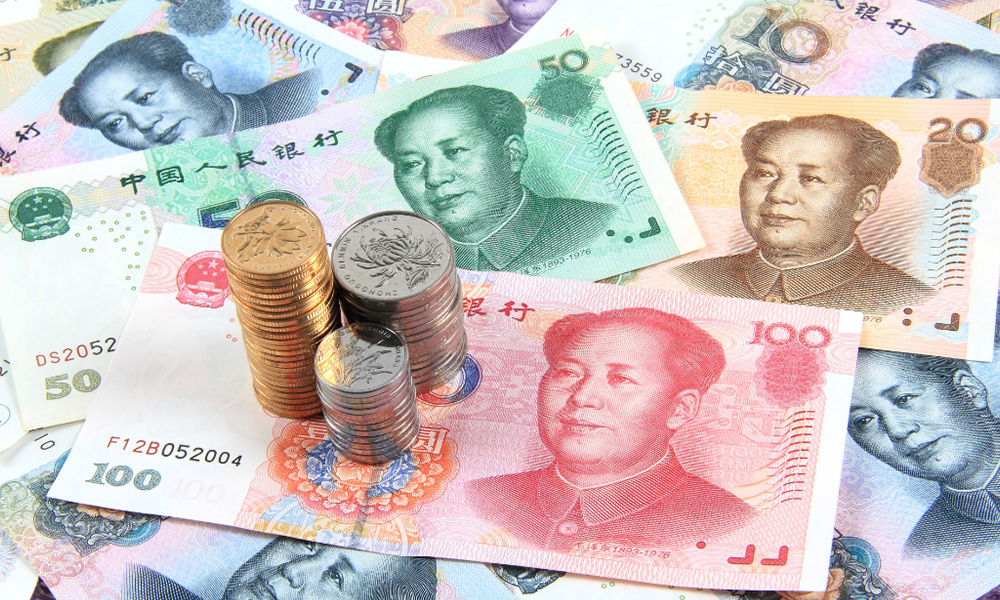
Tuition Fees of Beijing Universities
Money talks, but for study in Beijing universities it whispers cheaply against its Western counterparts. Beijing University Tuition Fees vary from 20,000-40,000 RMB ($2,800-$5,600) yearly for undergrads to 30,000-50,000 RMB for graduates—still a steal against American privates at $50K+. Tsinghua’s engineering bachelors? Flat 30,000 RMB, including labs and simulations that rival MIT. PKU’s liberal arts? 26,000 RMB, with optional extras like 1,000 RMB for specialty electives.
Fees rise for more specialized programs: MBBS at Capital Medical University to 50,000 RMB, which includes clinical rotations in top hospitals. Aerospace master’s at Beihang? 35,000 RMB, bundled with flight simulator use. Con Cel fees? Application fees (400-800 RMB), insurance (800 RMB/year mandatory), and textbooks (2,000 RMB/semester). But counterbalances abound: Partial scholarships abound in most programs, netting to 15,000 RMB.
Compare tier to tier: Elite C9 League (Tsinghua, PKU) charge a premium for prestige, but mid-tiers such as University of Science and Technology Beijing provide the same quality at 18,000 RMB for materials science.
| university | Popular major | Undergraduate tuition (RMB/Year ( | Graduate tuition (RMB/Year) | Scholarship availability | Notes |
| Tsinghua University | Computer science | 30.000 ($4.200) | 35.000 ($4.900) | Full CGS + BGS (100% coverage) | Include lab access, 20% acceptance rate |
| Peking University | International relations | 26.000 ($3.600) | 32.000 ($4.500) | PKU Scholarships (up to full) | Yenching Academy: 3.500 RMB/month stipend |
| Renmin University | Finance & economics | 28.000 ($3.900) | 34.000 ($4.800) | Partial (5.000-2.000 RMB ( | Belt & Road case studies included |
| Beijing Normal University | education | 22.000 ($ 3.100) | 30.000 ($4.200) | University Grant (50% waiver) | Teaching portfolio required |
| Beihang University | Aerospace engineering | 32.000 ($4.500) | 35.000 ($4.900) | TA Assistantship (2.000 RMB/month) | Flight simulator access |
| Capital Medical University | MBBS (medicine) | 50.000 ($7.000) | 45.000 ($6.300) | MOE scholarships (full for top 10%) | Clinical rotations in top hospitals |
| University of Science & Technology Beijing | Materials science | 18.000 ($2.500) | 25.000 ($3.500) | Merit based (full tuition waiver) | Most affordable elite option |
Payment
Semesterly through WeChat Pay or bank transfer; tardiness risks hold. For 2025, anticipate 5% increases as a result of inflation, according to MOE guidelines. However, ROI glows: Grad’s command 100,000 RMB starting salaries in Beijing’s tech industry, repaying costs within less than a year.
Smarts budgeting Stack on top of scholarships—coming right up.

Hot Majors in Beijing
Beijing’s academic menu promises grand offerings that capture China’s ascent: tech tycoons, policy elites, and cultural guardians. Top Majors to study in Beijing universities are STEM-skewed, but humanities pull in 40% of internationals. Tsinghua’s Engineering is the largest—its mechanical major, where China’s technology for high-speed rail was created, takes in 5,000 undergraduates a year, intertwining CAD labs with courses in sustainability. PKU’s Computer Science? Fires with AI tracks working with Huawei on real-world information; its graduates fuel Beijing’s “Z-Park” innovation center.
Business and Economics also take off—finance major at nationally ranked Renmin University dissects Belt and Road via real-time FDI transaction case studies. International Relations at BFSU trains diplomats-in-the-making, with Mandarin immersion opening UN simulations. Medicine? MBBS at Capital Medical combines TCM with Western diagnostics, attracting 2,000+ foreigners in health interest post-pandemic.
Less visited but on the rise: Environmental Science at China Agricultural University tackles Beijing’s pollution legacy via urban farm pilots.
Arts? BNU’s design program melds calligraphy and digital media, showcased in the National Museum. Popularity indicators? Admission numbers project engineering at 35%, business 25%, per 2025 EduRank. Why? Job readiness—95% job placement, per QS. Students extol its virtues: A German in Tsinghua’s computer science lab mocked up a drone swarm, landing a Tencent job. Fusion majors such as “AI + Public Policy” in 2025 prepare you for Beijing’s future of fusion.
Beijing University Scholarships
Funding your Beijing dream? Scholarships for study in Beijing Universities convert tide to bridge, with over 50% of internationals getting aid. The holy grail: Chinese Government Scholarship (CGS), complete sponsorship of 3,000+ seats at PKU and Tsinghua for 2025—tuition, accommodation, 3,500 RMB/month stipend, and airfare. Apply via Finishing Guide preferred CSC portal by April, overcoming STEM bias; 20% success rate for heavily profiled.
Tsinghua Beijing Government Scholarship (BGS) covers 100% tuition for 500 undergraduates, merit-based on HSK/GPA combinations. PKU’s namesake award ranges from partial (5,000 RMB) to full for Yenching Scholars, with good essay topics in “China’s global role.”
University-specific gems: Tsinghua Assistantships provides 2,000 RMB/month for TA work in labs, with work-study accompanied by connections.
Less well-known
Minzu University’s ethnic studies grant for diversity students, or Beihang’s aerospace fellowships with fee waiver for high GRE achievers. Deadlines overlap with apps—November for CGS Type B (uni-direct).
Advice? Obtain prof endorsements; one Indian student at PKU compounded CGS with BGS for zero out-of-pocket. In 2025, expect 10% more places in China’s soft-power initiative. These aren’t handouts—they’re investments in your voice on the world stage.
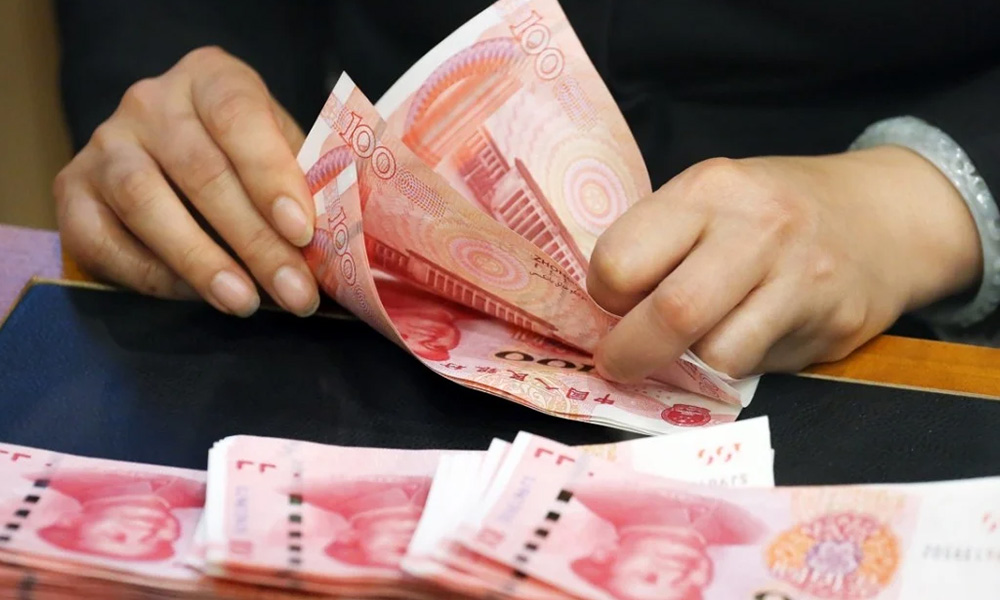
Student Living Costs in Beijing
Beijing’s air is charged, but so is its balance. Costs of living in Beijing for international students were 5,000-8,000 RMB/month ($700-$1,100), cheaper than Shanghai’s craziness but higher than Tier 2. Dorm life? PKU Zhongguanyuan dorms are 1,500-3,000 RMB double shared with AC/Wi-Fi, a stone’s throw from noodle eateries. Off-campus living? Shared Haidian flats: 2,500 RMB, near hutongs for that authentic buzz.
Fuel for the fire—street skewers for 5 RMB/pop, or canteen dinners for 10-15 RMB. Monthly grocery budget to study in Beijing universities: 1,000 RMB if you cook your own jiaozi; spend it on hotpot nights? Add 500. Transportation: Subway card for 200 RMB/month takes you around town; Didi rides 20 RMB/ride. Utilities/internet: 400 RMB, package deal for roommates.
Leisure? Free Park sessions such as Beihai, or 50 RMB KTV nights. Health insurance: 800 RMB/annum courtesy of uni. Penny-pinchers total: 4,500 RMB; organizers get to 7,000. Inflation nudge for 2025: 3-5%, but stipends adjust.
Hacks? Bike shares (100 RMB/annum), wet markets for cheap veggies. A Brazilian alum allocated 6,000 RMB, covering weekend Great Wall treks. Beijing rewards the wise—your yuan stretches far.
Conclusion
Beijing in 2025 beckons not as an illusion, but as a tangible triumph for those who are prepared to take its pulse. From the Byzantine Tuition Fees for Beijing Universities that test your mettle to the lip-smacking Admission Requirements for Beijing Universities that balance merit entry, the path is strewn with promise. We’ve traversed Popular Majors in Beijing, where engineering sparks revolutions and policy shapes tomorrows; unlocked Beijing University Scholarships that level the field; and demystified Student Living Costs in Beijing, proving vibrancy needn’t break the bank.
This is not mere rote relocation—it’s reinvention. Picture yourself among PKU’s cherry blossoms, coding for innovations at Tsinghua, sealing deals at Renmin, drinking tea in teahouses that ring with centuries. As China charges towards carbon neutrality and lunar bases, study in Beijing universities put you in front. Apply boldly, budget wisely, dive deeper. Your chapter in the capital awaits—turn the page. For professional advice and more information, keep in touch.
FAQS:
1. What are the most efficient admission requirements for international students applying for 2025 intake at Beijing universities?
For best universities like Tsinghua or Peking University at the undergraduate level, you will need a high school diploma (GPA 3.0+), SAT/ACT scores, TOEFL 90+/IELTS 6.5 (or HSK 5 for Chinese-medium), personal essay, two letters of recommendation, and financial documents of $7,000. The deadline is February 28 for fall admission. Apply through university websites for an acceptance rate of 15-20%.
2. How much do tuition fees at Beijing universities cost, and are scholarships available?
Tuition Fees for Beijing Universities are 20,000-40,000 RMB ($2,800-$5,600)/yr. Beijing University Scholarships like the Chinese Government Scholarship offer full tuition, dorms, and 3,500 RMB/month stipend to 50%+ of internationals. Apply by April through CSC—STEM fields prioritized.
3. How much are Beijing’s average student living costs, and how much should a realistic monthly budget be?
Beijing Student Living Costs are 5,000-8,000 RMB ($700-$1,100)/month: dorms (1,500 RMB), eating (1,000 RMB), transport (200 RMB), and miscellaneous (400 RMB). Frugal students survive on 4,500 RMB; add 500 RMB for weekend trips out. 3-5% inflation forecasted for 2025.


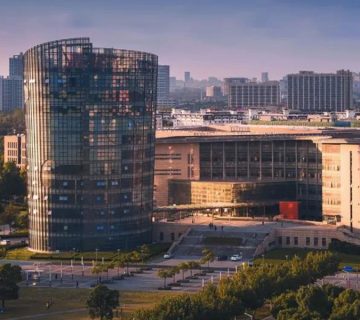
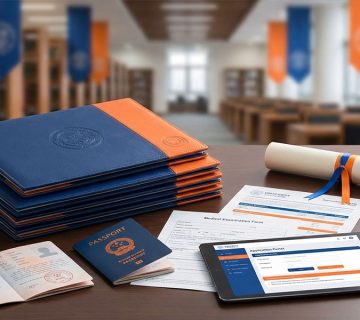
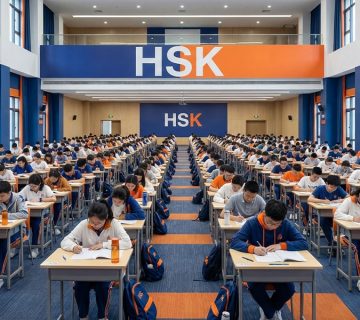
No comment